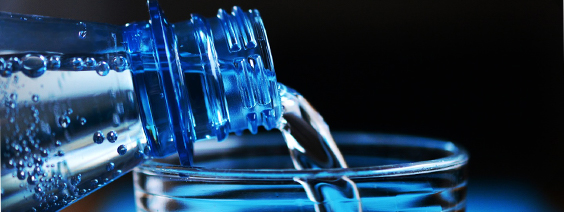Personal resilience, Day 14 – 19th of March 2020
Water
Our bodies are made up of 55-65% water. Body water percentage depends on age, body structure and gender. It is fundamental for us. It plays a major role in the chemical reactions taking place in our bodies. Loss of water results in dehydration, dark urine, joint or muscle sores, crankiness, constipation, fatigue and dry lips. Water hydrates our organs and is therefore critical to our health. It aids in removing toxins and waste from our body’s system. When we do not give our body water, it will switch to a crisis mode which will result to additional water retention.
Drinking enough water can help prevent certain medical conditions. These include: constipation, kidney stones,exercise-induced asthma, urinary tract infection and hypertension.
Water also helps us absorb important vitamins, minerals, and nutrients from our food, which will increase our chances of staying healthy. Drinking water may activate our metabolism. A boost in metabolism has been associated with a positive impact on energy level. Not getting enough water can also affect our mood. Dehydration may result in fatigue and confusion as well as anxiety.
20 percent of our daily water intake comes from food. The rest is dependent on drinking water and water-based beverages. So, ideally men would consume about 3.0 litres and women, about 2.12 litres.
Here are some ideas for how you can be sure you drink enough:
- Carry a water bottle with you wherever you go. This way you can drink whenever the need strikes.
- Keep track of your intake. Aim to take in optimum amounts every day. You can buy re-usable water bottles that have measurements on the side to help you keep track of consumption, and are useful if you are out and about.
- Pace yourself to approach half of your recommended consumption by midday. You can always finish about an hour before you plan to sleep.
If any of these emails or exercises have affected you and you feel you would like to speak to someone, support is available through RSABI. You can call them on 0300 111 4166. Their helpline is open from 7am to 11pm all year.
These resources have been developed by Kim Walker of Advance Consultancy for the Farm Advisory Service.
Sign up to the FAS newsletter
Receive updates on news, events and publications from Scotland’s Farm Advisory Service

